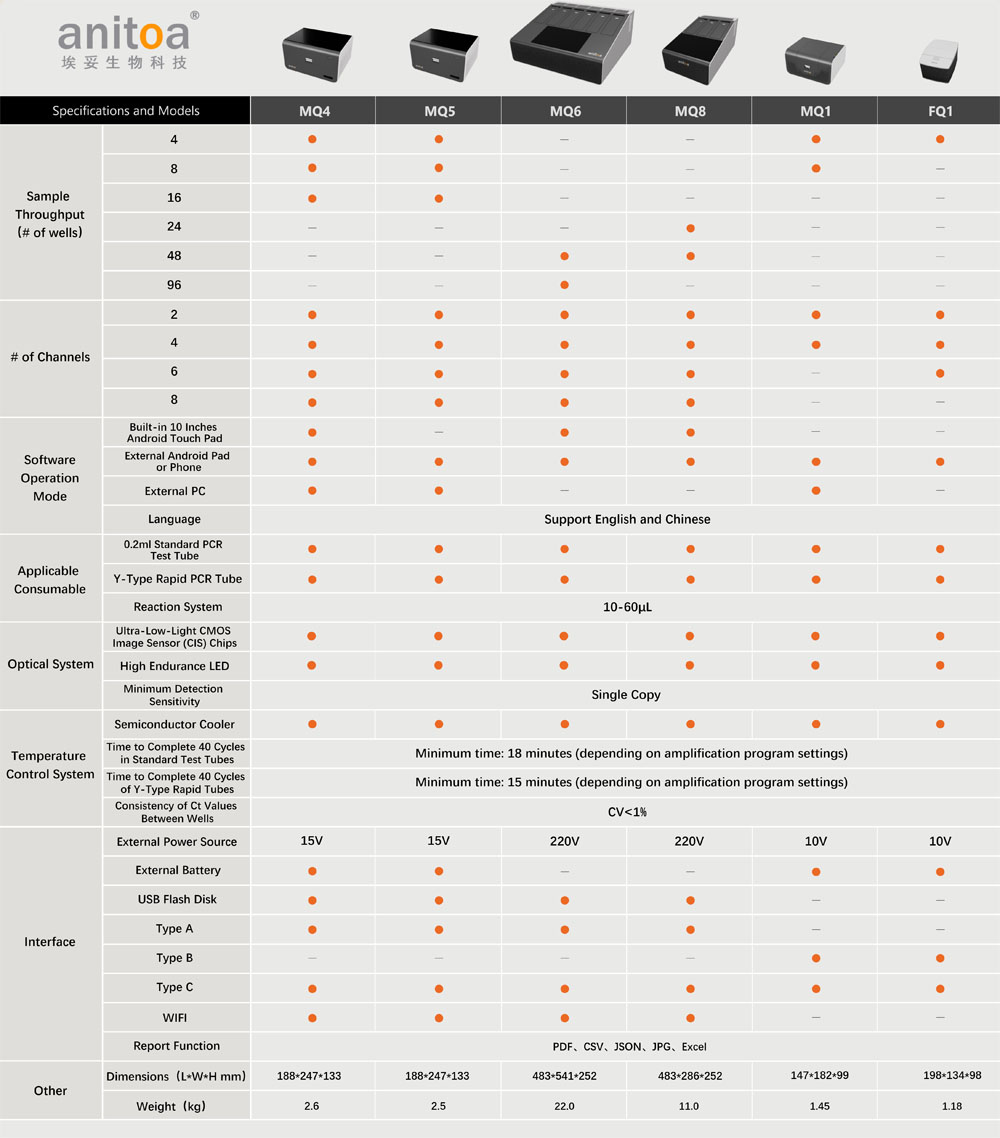Purchasing a qPCR Instrument: Key Considerations for Choosing the Right Tool for Your Applications
Quantitative polymerase chain reaction (qPCR) is a powerful tool for analyzing DNA and RNA samples. However, choosing the right qPCR instrument can be a challenging task. This article aims to help you make an informed decision by highlighting the key considerations that should guide your purchase decision.
1. Applications: Choosing the Right Instrument for Your Specific Needs
When selecting a qPCR instrument, it is essential to consider the specific applications that you intend to use it for. Different instruments have varying capabilities, so selecting the right one that matches your specific needs is crucial. For example, if you are interested in gene expression analysis, you should select an instrument that has high sensitivity and specificity.
2. Sample Size: Matching the Instrument to Your Sample Volume
The amount of sample you need to analyze will also affect your choice of qPCR instrument. Some instruments are designed for processing smaller samples, while others are better suited to larger ones. Therefore, you should select an instrument that can accommodate the sample size you intend to work with.
3. Speed: Choosing an Instrument that Meets Your Time-Sensitive Applications
The time it takes to run a qPCR experiment is a critical consideration, especially for time-sensitive applications. Therefore, you should choose an instrument that can perform experiments in a timely manner. Consider the speed of the instrument that you are interested in and ensure that it meets your specific time requirements.
4. Cost: Balancing the Cost with Required Features and Capabilities
The cost of a qPCR instrument can vary widely, ranging from basic models costing a few thousand dollars to high-end instruments that cost tens of thousands of dollars. It is essential to determine your budget and choose an instrument that falls within your price range while still providing the necessary features and capabilities for your applications.
5. Service and Support: Evaluating the Level of Service and Support Provided
When purchasing a qPCR instrument, you should also consider the level of service and support provided by the manufacturer or vendor. Choose a company that offers comprehensive support, including technical assistance, training, and maintenance services, to ensure that you have the necessary assistance if you encounter any issues during instrument operation.
6. Ease of Use: Selecting an Instrument that is Intuitive and User-Friendly
Consider the user interface and ease of use of the qPCR instrument when making your purchase decision. Select an instrument that is intuitive and user-friendly, and that provides clear and concise results. This will ensure that you can operate the instrument effectively and obtain accurate data.
Conclusion:
Purchasing a qPCR instrument requires careful consideration of a number of factors, including intended use, sample size, speed, cost, service and support, and ease of use. By evaluating each of these factors and selecting the right instrument, you can ensure that you obtain accurate and reliable results while maximizing your investment.
Professional Portable qPCR System Manufacturer - Anitoa
Anitoa not only provides high-performance and accurate qPCR instruments at a competitive price point, but also offers customization services to meet unique needs. Whether you're conducting routine qPCR experiments or require tailored solutions, Anitoa is an excellent choice. Please feel free to contact us for more information.
